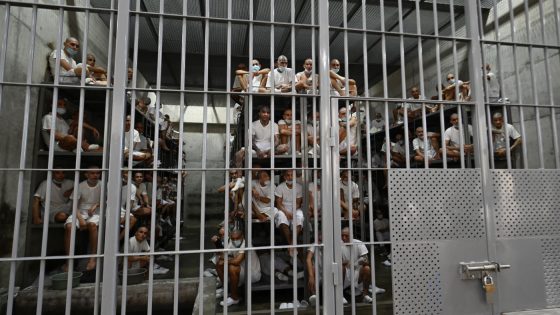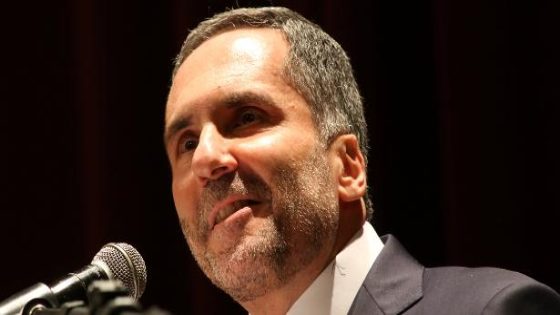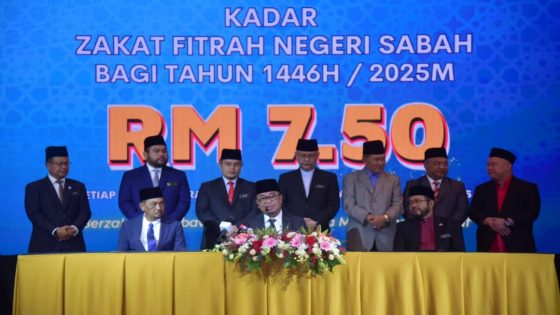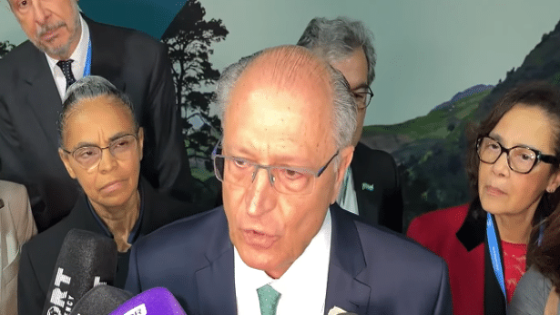On February 6, 2025, U.S. Secretary of State Marco Rubio announced that El Salvador’s President Nayib Bukele offered to accept U.S. prisoners in his country’s jails, including U.S. citizens and legal residents. This unprecedented proposal has raised questions about its legality and the implications for human rights.
- Inmates in El Salvador's mega-prison
- Trump administration considers prisoner transfer offer
- Rubio praises Bukele's unprecedented proposal
- Legal challenges to deporting U.S. citizens
- ACLU warns against unconstitutional deportations
- Trump seeks cost-effective criminal outsourcing
The context of this offer stems from ongoing challenges faced by the U.S. regarding deportation of non-citizens and managing prison populations. During a visit to El Salvador, Rubio stated that Bukele’s proposal includes accepting criminals who are in the U.S. illegally along with dangerous American criminals currently incarcerated in the united states.
Key details include:
- The Trump administration is exploring this offer but has not made any formal plans yet.
- Legal experts have expressed concerns about the constitutionality of deporting U.S. citizens to another country for incarceration.
- The ACLU has stated that it would be unconstitutional to deport U.S. citizens under these circumstances.
While President Trump indicated he would support such a move if legally permissible, he acknowledged uncertainty surrounding its legality. The administration is reviewing potential agreements with El Salvador while considering existing constitutional protections for American citizens and legal residents facing criminal charges.
This situation highlights ongoing debates about immigration policy and criminal justice reform in the United States as officials weigh potential cost savings against ethical considerations related to human rights and due process for individuals involved.
































